Whiskey vs Whisky– what’s the difference, anyway?
Whiskey is one of those alcohols you can’t help but love! Not only is it an uber-strong drink, but it offers A LOT of health benefits. However, there are many people wondering if whiskey is the same thing as whisky, or if there is even a difference at all? The two are NOT the same!
According to Dictionary.com, whiskey is defined as “an alcoholic liquor distilled from a fermented mash of grain, as barley, rye, or corn, and usually containing from 43 to 50 percent alcohol.”
According to the New York Times, whiskey is “a general term that covers bourbon, rye, Scotch and other liquors distilled from a mash of grain.” Whisky is just another way to spell whiskey, but it’s also whiskey FROM ANOTHER COUNTRY!
Whiskey with an ‘e’ is used to refer to the drink that comes from Ireland, but the alcohol from Scotland (also known as Scotch) is referred to by cognoscenti as whisky without the ‘e’. In 90% of the world, it doesn’t make a difference, but in those two countries, failing to make the distinction can lead you into serious trouble!

READ MORE: Yum Alert! Whiskey Passion Fizz
So what’s the difference?
Well, the truth is that whiskey is a more general term for the alcohol–like “wine” or “beer”. Whisky refers specifically to a specific form of whiskey (Scotch)–like “Shiraz” or “Cabernet”. But once you get into the different types of whiskey, you’ll see that there are slight differences:
- Scotch whisky is made using a mash of fermented barley, but it MUST be made according to specific standards. Similar to how agave alcohol can only be truly called Tequila when it’s made within 100 KM of the city of Tequila in Mexico, for the alcohol to be called Scotch legitimately, it must be made in a manner “specified by law”. Only barley, yeast, and water can be used, along with whole grains and caramel coloring. NO additives are permitted. The alcohol must age for three years or more in oak casks, and the ABV must be lower than 94.8%. ONLY alcohols that meet all these standards are called Scotch or whisky.
- Tennessee whiskey must be made using a mixture of grains that contain no less than 51% corn. Sour mash must be used to make the drink, it must be made ONLY in the state of Tennessee, and it has to be distilled to no more than 160-proof (80% alcohol) to be considered proper Tennessee whiskey. Manufacturers of this whiskey ALWAYS distinguish this from bourbon.
- Bourbon is a form of whiskey made with the same process as Tennessee whiskey, only it doesn’t need to be made in a specific state. As long as it’s made in the US, it can be called bourbon. To be called Straight Bourbon, the alcohol has to age for at least two years in charred oak barrels, with no added flavorings, colorings, or spirits.
- Irish whiskey must be made in Ireland, and must have an ABV no higher than 98.4%. You can use any grain you want, but it must be labeled as blended whisky if you use more than one grain. Three years is the minimum aging time, and the alcohol must sit in wooden casks. The rules of Irish whiskey are far less relaxed.
Aside from these whiskeys, there are many others–Canadian, Japanese (odd, but good), and Rye among them. All of these drinks qualify as whiskeys, but only Scotch whisky can be labeled “whisky” without the ‘e’.
The taste is slightly different between each whiskey, but the buzz is just as good!



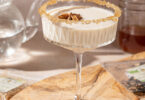

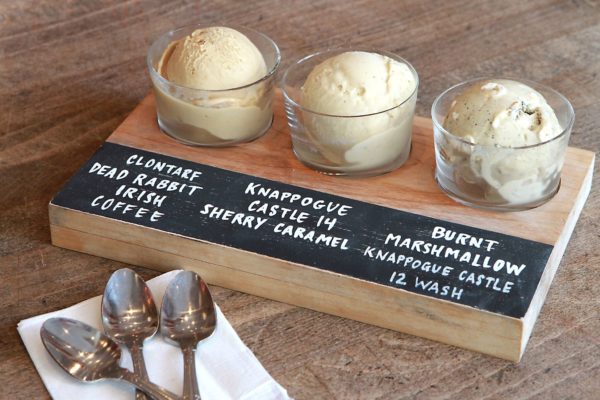
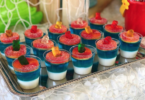
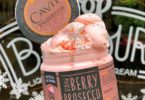
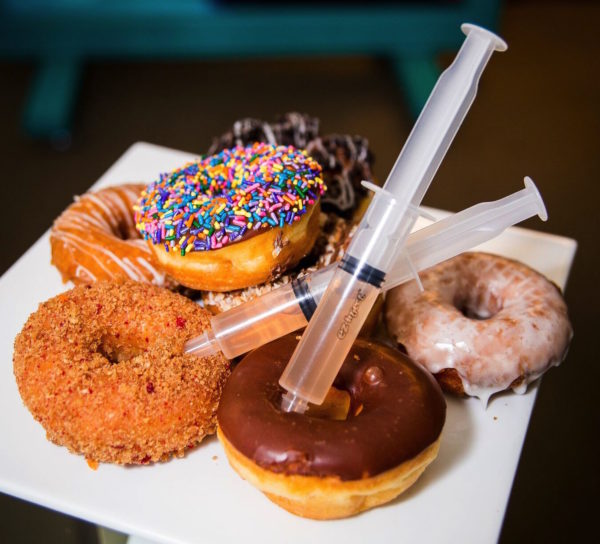
Actually he said “no higher than 98.4” not “minimum”. (not saying hes right, just saying you misquoted him.) I do think your right about him getting the terms proof and ABV wrong though.